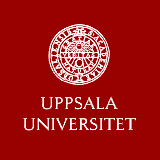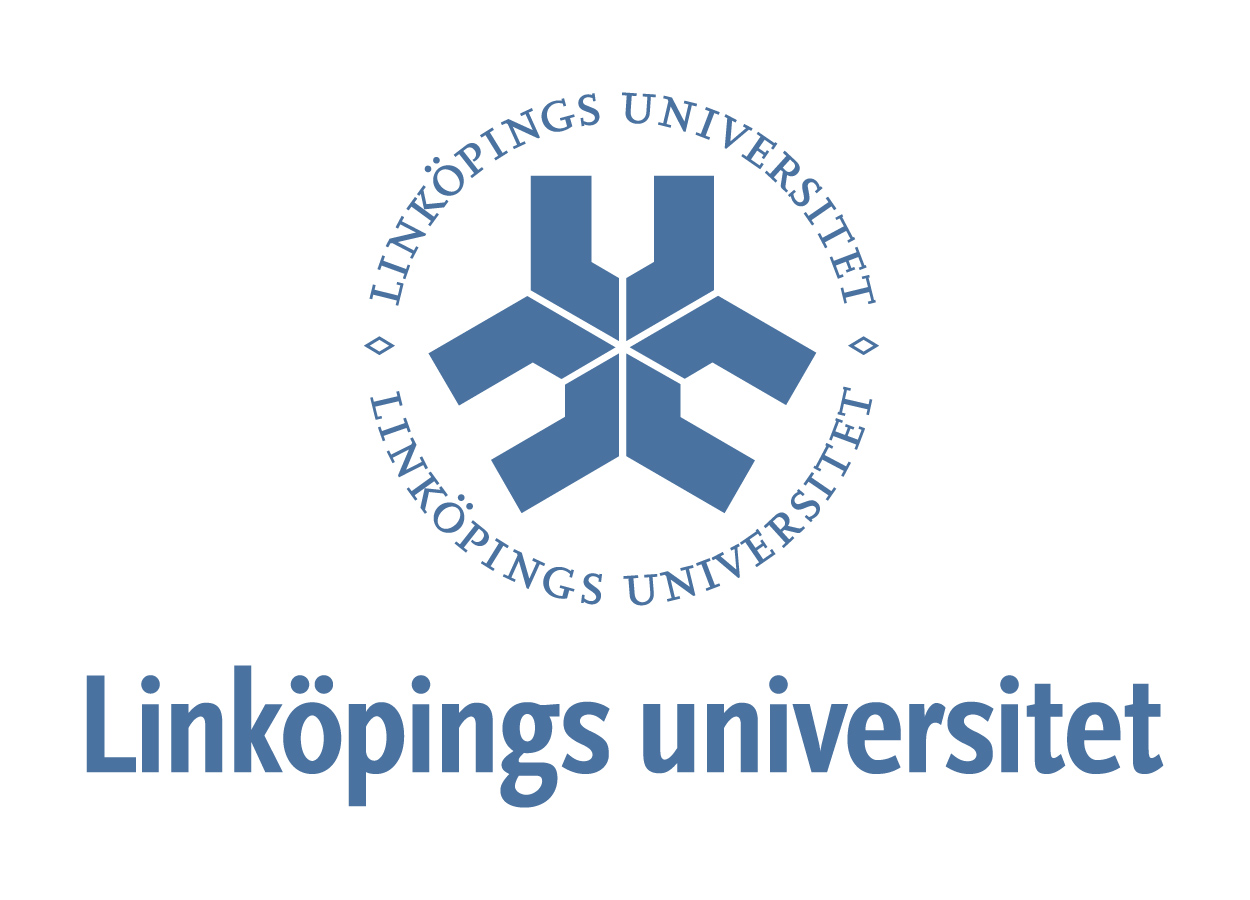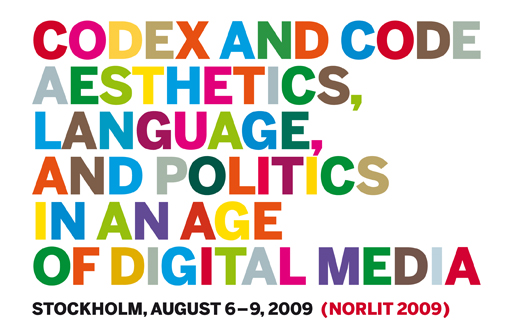| Plenar sessions |
| Paper sessions and abstracts |
|
Registration Cost and Practical Issues |
Plenary sessions, speakers and abstractsDownload conference programme as PDF
UTOPIA-PROHIBITION or the other side of ”The End of History” – Another wishful thinking as an obstacle to being free Göran Sommardal, Independent scholar, Stockholm The problematique of utopia in connexion with the articulate need for a prohibition on political utopianism emanates from Marx’ and Engels’ criticism of idealistic ideas of socialism in Lasalle and other earlier labour unionists in general, and from Marx’ critical remarks on the Gotha program in particular. It would be quite feasible to consider these critical remarks as contributions not to Marxist theory itself but to a crude Communist doxa and above all to the conceptualisation of scientific socialism. Thus the notion of the scientificity of socialism followed from the theoretical discussions among the early founders and representatives of the socialist movement, and this discourse was soon to be inaugurated into a corpus of documents vouching for the scientificity of the subsequent political practice. In the case of capitalism, the somewhat hidden and unspoken of but still obvious notion of scientific capitalism provides us, in striking contradistinction to the case of scientific socialism, with its Witness to the Truth from its practical historical success. Founded in economic practice and maintained by political power, this reversed order of epistemology, to a large extent conceals—as usual, one may say—the theoretical consequences of such a discursive hegemony. This twisted context hampers and more or less prohibits, politically, the analysis of such a hegemonical influence upon scholarly and intellectual practice, and this makes it all the more necessary to investigate into the veritable utopia-prohibition entailed by the conceptual maelstrom engendered by the conception of the End of History and the Final Victory of historical capitalism, vigorously underpinned, of course, by the accompanying political practice.
Are there real(ly) metaphors? On fundamental cultural codes Jochen Hörisch, Seminar für Deutsche Philologie, Universität Mannheim "The mesmerizing power of poetry lies not least in the fact that it does not have any illusions about its systematic and systemic linguistic uncertainty. Poetry, as a result, is more enlightened than other forms of discourse (including scientific discourses). Poets lie, and they know that they lie. This has been understood and criticized since Hesiod and Plato; it is also something, which since the platonic Ion-dialog can be celebrated (against Plato!). Poetry has the license to lie (whereas technical media such as photography and phonograpy promise to be able not to ly!) - and in using this license aggressively and honestly, it is free of falsehood resp. deceit. As a result, it is senseless to negate a literary statement. In any case, at the price of putting up with their absurdity, such declarations as, "The tin drummer could not in fact shatter windows with his voice," or, "Madame Bovary didn't really take her life," or "Hans Castorp was not actually in Davos, but in St. Mortiz" are acceptable. Poetic-fictional statements are singularly negation-immune. Lying, and lie-immune, poetry can afford, and is at the same time elementally directed, to make aggressive use of the possibilities of metaphorical speech. In doing so, it honors its concept: Poetry condenses; poets speak more densely than others. The etymology of word "poetry" (Dichtung) is at once the simplest and the densest (dicht) speech: The German word dichten - to compose - goes back to the thoroughly profane Latin verb, "dicere," which is known to mean nothing other than "to speak." With this, an important indication is given to the circumstance that speech is fundamentally poetical (dichterisch) - and metaphorical. The much quoted words from Hölderlin, "Dichterisch wohnet der Mensch" ("Man lives poetically") is not expression of exuberance, but soberness. This is why poetry is so often focussed on the oxymoron of real metaphores such as the eucharist or money.
Thinking Through Images: Long Takes in Scorsese and Van Sant Patricia Lombardo, Département de langue et de littérature françaises, Université de Genève In this talk I first illustrate the role of images in memory and the afffective response of the viewer to the audio-visual flux of long shots. I then examine some shots from films by Martin Scorsese and Gus Van Sant in order to bring out the relation between their form and their content. As the famous film critic André Bazin pointed out in the 1950’s, long takes enhance the viewer’s participation in the understanding of events and can shape the meaning of a scene or of an entire film. The tension between the real chronology of the sequence and the existential time of both the spectator and the represented characters typically leads to a complicated network of feelings and visual and auditive perception as well as intellectual apprehension of the filmic event.
Hidden Starting Points. First Steps towards a Media and Genre-Related Poetics of Beginnings Andrea Polaschegg, Institut für deutsche Literatur, Humboldt Universität Every literary text has a beginning. Unoriginal as this observation may seem, its apparent banality starts to dissolve in the face of the fact that while texts beyond all doubts do have beginnings, the majority of things or works of art does not. Apart from their genesis, neither stones nor landscapes, neither teapots nor shirts, neither sculptures nor paintings show the least trace of anything remotely reminiscent of a genuine starting point. Despite their singular “initiality”, however, in academic discourse texts tend to be discussed in terms of textures that expand within borders, are held together by frames, or are lined with fringes – that is to say: in terms of items that – like teapots and sculptures – lack any kind of beginning in the true sense of the term. The presentation will take up the trail of first lines, first verses, and first scenes in order to trace the trajectory of a media related poetics of textual beginnings which at the same time goes beyond the narrative paradigm of contemporary literary criticism.
|
 |
 |
 |
 |
| Litteraturvetenskapliga institutionen |
 |
![]()
Questions about the conference can be answered by Leif Dahlberg, dahlberg@csc.kth.se; Sara Danius, sara.danius@sh.se; Otto Fischer otto.fischer@littvet.uu.se; Carin Franzén, carin.franzen@liu.se, and Roland Lysell, roland.lysell@littvet.su.se
Last update:
June 6, 2009
